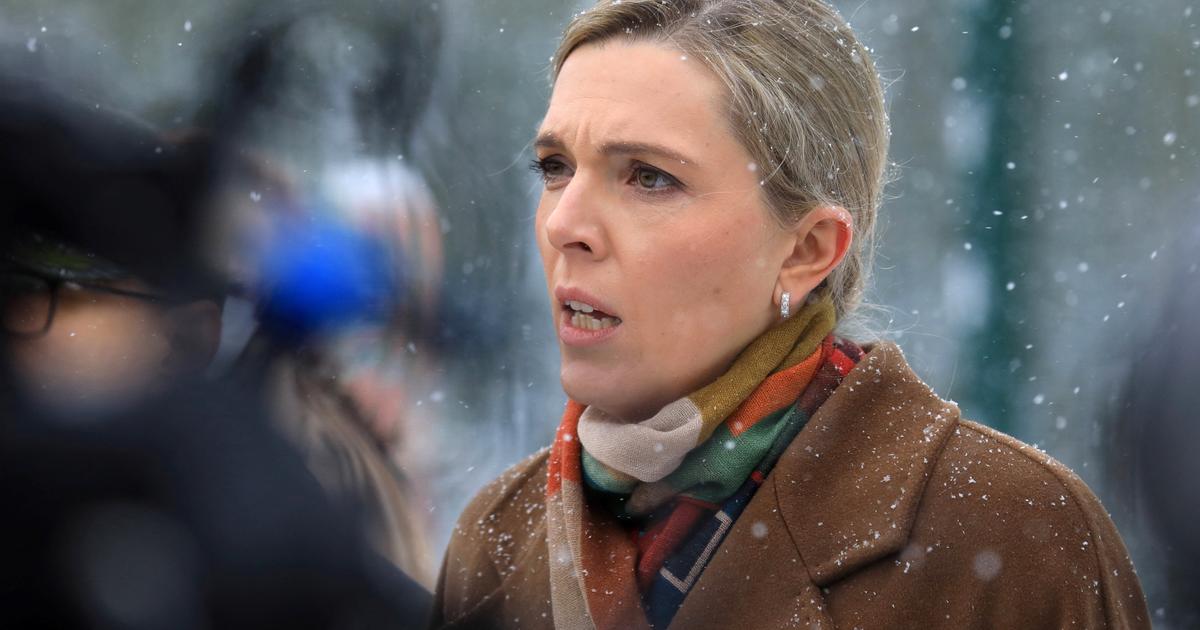Tensions are escalating between Europe, more particularly France, and Belarus.
French Ambassador to the country Nicolas de Bouillane de Lacoste packed his bags after Minsk asked him to leave Belarus before Monday, the embassy spokeswoman said on Sunday.
She did not explain the reason given by the Foreign Ministry for requesting the departure of the ambassador.
"Nicolas de Lacoste left Belarus today," she added.
"The Belarusian Foreign Ministry has requested that the ambassador leave before October 18," he said.
The ambassador "said goodbye to the embassy staff and sent a video message to the Belarusian people, which will appear on the embassy website tomorrow".
According to Belarusian media, the ambassador never presented his credentials to President Alexander Lukashenko.
France, like other countries of the European Union, has not recognized the results of the presidential election last August, which granted Lukashenko a sixth term and sparked protests for several months. massive and unprecedented in this former Soviet republic, an ally of Vladimir Putin's Russia.
Already in May, Belarus accused France of "air piracy" for having refused its airspace to a Belarusian plane making a Minsk-Barcelona link.
After this event, Poland in turn closed its airspace to Belarusian planes.
This incident took place three days after the diversion to Minsk of an airliner on the Athens-Vilnius route, on board which was a Belarusian opponent, Roman Protassevich.
Both were arrested on landing in Belarus, prompting an avalanche of Western condemnations and further sanctions from the EU.
Read alsoFive infographics to understand Lukashenko's Belarus
The European Union recently adopted a series of sanctions against the Belarusian regime after the crackdown on opponents of Lukashenko.
The authorities succeeded in putting an end to the demonstrations, imprisoning hundreds of opponents and shutting down dozens of media and NGOs.
Opposition leaders have all been jailed or forced into exile.
Unlike the former Soviet bloc countries, Lukashenko's Belarus maintains a strong relationship with its Russian neighbor.
When Alexander Lukashenko came to power in 1994, he even revisited the reforms initiated since the collapse of the Soviet bloc, refused “savage capitalism” and committed the country to an interventionist economy, controlled and supported by the state apparatus.





